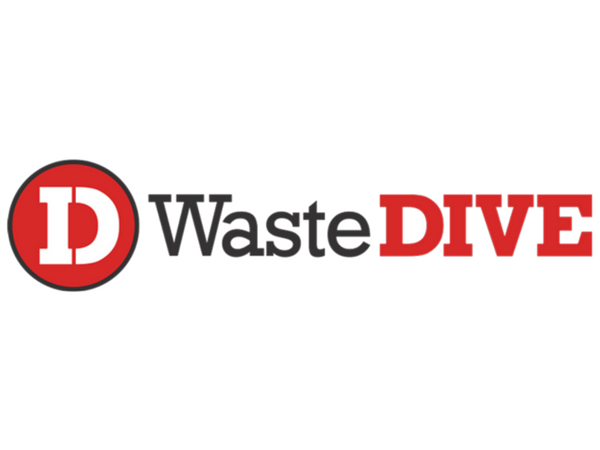The DC Environmental Network reports on the budget implications for recycling in Washington, DC and vows to make changes. See DCEN director Chris Weiss’ report:
Mayor Bowser Cuts Recycling Budget!

April 17, 2017
DC Environmental Network:
Last Wednesday, the DC Environmental Network (DCEN), DC Fiscal Policy Institute (DCFPI), and District Department of Public Works (DPW), convened a budget briefing to go over the budget priorities of DC Mayor Muriel Bowser. This briefing focused on the proposed FY 2018 budget for DPW.
We received some bad news about Mayor Bowser’s DPW budget priorities.
First, the kind-of good news:
Since Mayor Bowser appointed Chris Shorter to be Director of DPW in 2015, the District’s zero-waste community has been excited at the prospect of DPW implementing the programs and policy changes necessary to move the District closer to its stated goal of achieving a total waste diversion rate (recycling, composting, and conversion) of 80% by 2032.
In the last two years, DPW has made progress increasing agency transparency, and, for the first time in decades, doing a better job of managing current, but generally ineffective, recycling programs. (Programs that continue to make the District the worst, or close to the worst recycler in the region.)
These improvements in DPW’s focus can to some degree be attributed to Council action, during former Mayor Gray’s administration, to create the DPW Office of Waste Diversion, an important infrastructure improvement to keeping some of the agency focus on improving recycling.
Arguably we have a better run agency then we did in 2015 but we also have a lot of work to do to change a broken, damaged recycling system!
The bad news:

At last week’s budget briefing DCEN learned that Mayor Bowser’s budget eliminated, for the second time in two years, 2 (of 6) important staff positions from the Office of Waste Diversion, and reduced the Office’s budget by $447,000.
We think these cuts are unacceptable and reflect a lack of vision, especially if the goal is increased recycling.
These budget cuts mean that this administration is not yet serious about its Sustainable DC zero waste goals including:
• Someday, introducing a Pay-As-You-Throw pricing structure for waste collection services.
• By 2032, achieve a total waste diversion rate (recycling, composting, and conversion) of 80%.
This DPW budget will create an office with inadequate staff and resources to do little more than comply with reporting requirements and other paperwork.
This DPW budget means that the District of Columbia, our nation’s capital city, will continue to have some of the worst recycling rates in the region and will try and squeeze more recycling from a system that has already failed us for over 2.5 decades.
This DPW budget does nothing to move the District towards a new solid waste management system that could help District ratepayers save money, reduce green-house gas emissions, and increase DC per capita recycling rates.
Our commitment:
The DC Environmental Network is committed to advocating for, as we did successfully last year, restoration of both Office of Waste Diversion staff positions, and, restore at least some funding for the planning and program development necessary to help DC government make progress towards achieving its own Sustainable DC zero-waste goals.
If we do this, and we can, we will continue the progress made the last two years.
Let me know if you want to join our campaign to fix this.
Chris Weiss, Executive Director, DC Environmental Network





